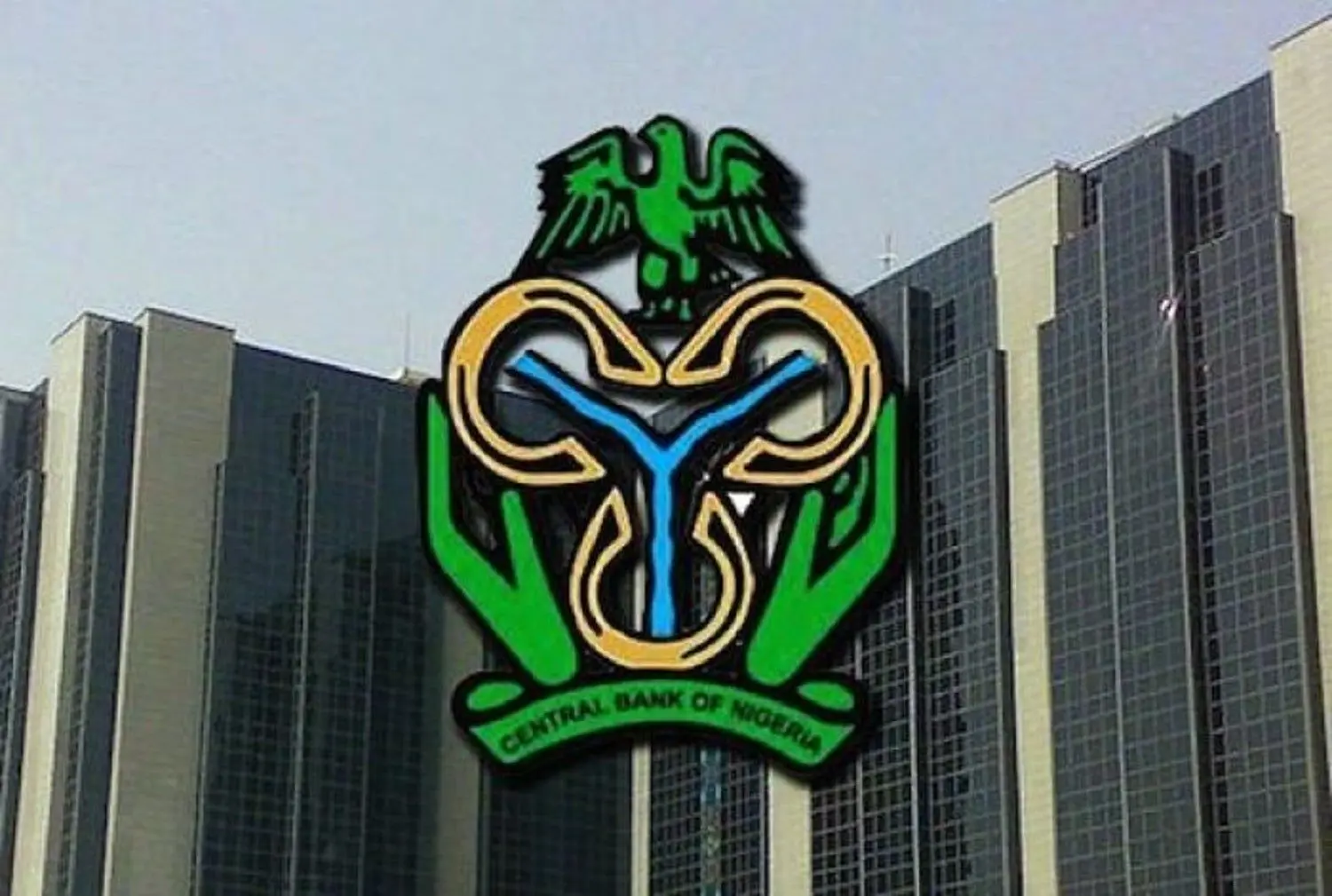The Central Bank of Nigeria (CBN) has highlighted potential risks to the growth of Nigeria’s external reserves for the fiscal years 2024/2025, citing factors such as the removal of fuel subsidies, increased import bills, and rising external debt servicing obligations.
MONETARY POLICY GUIDELINES AND ECONOMIC PROJECTIONS
In its Monetary, Credit, Foreign Trade, and Exchange Policy guidelines for 2024/2025, the CBN projected a generally positive economic outlook, driven by ongoing policy support for the agriculture and oil sectors, reforms in the foreign exchange market, and the implementation of the Finance Act 2023 and the 2022-2025 Medium-Term National Development Plan (MTNDP). The CBN anticipates that favorable trade terms, boosted by sustained crude oil prices and increased domestic oil production, will support this positive outlook. Additionally, capital flows and remittances are expected to contribute to economic stability.
POTENTIAL RISKS TO ECONOMIC STABILITY
Despite the optimistic outlook, the CBN acknowledged several risks:
- Lower crude oil earnings
- The removal of fuel subsidies
- Rising import bills
- Increased obligations for servicing external debt
These factors could negatively impact the accumulation of external reserves. Furthermore, ongoing monetary policy tightening by central banks in advanced economies poses a risk of capital outflows.
OUTPUT GROWTH AND INFLATIONARY PRESSURES
The CBN expects Nigeria’s output growth to continue on a positive trajectory, supported by policy measures and reforms. However, risks such as rising energy prices from the Russia-Ukraine conflict, persistent security and infrastructural challenges, and elevated domestic prices due to global supply constraints and exchange rate pass-through could hinder growth.
FISCAL SECTOR PERFORMANCE
The fiscal sector is projected to recover positively, contingent on the effective execution of the Finance Act 2023 and the restructuring of revenue-generating agencies to boost non-oil revenue. However, challenges such as low domestic crude oil production, growing public debt, security issues, global economic slowdowns, and the ongoing Russia-Ukraine war could pose significant risks to fiscal operations in the near term.
ANALYSTS’ VIEWS
Analysts have varying perspectives on these projections and risks, reflecting the complexity of Nigeria’s economic landscape and the potential impact of both domestic and international factors.

